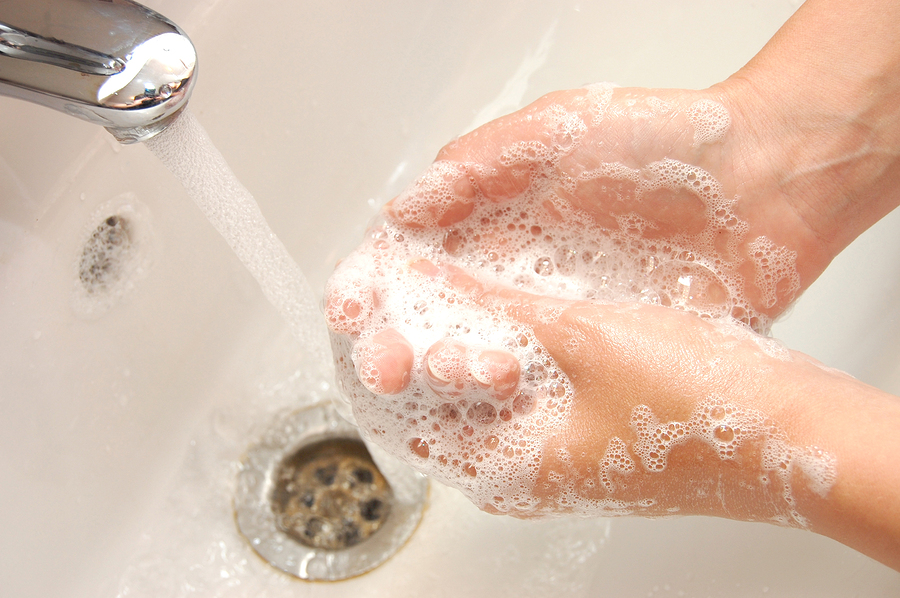
The first week of December marks National Handwashing Week. It seems trivial to celebrate something that should be commonsense, yet some people do not wash their hands often enough or long enough. Here are the things you should know about handwashing.
Handwashing Greatly Reduces The Risk of Some Serious Illnesses
Washing hands properly and often cuts the risk of contracting illnesses that cause diarrhea by 35 percent. It helps kill viruses if you touch a surface where the virus is. Foodborne illnesses like E Coli and salmonella are also prevented by proper handwashing.
Knowing When to Wash Hands is Important
Knowing the best times to wash your hands is very important. People who are only washing their hands once or twice a day are not washing them enough. There are the 12 times when handwashing is important.
- Before eating a meal
- Before touching your face
- Before and after helping someone who is sick
- Before and after preparing food
- Before and after cleaning a cut or scratch
- Before and after changing a diaper
- After coughing, sneezing, or blowing the nose
- After handling garbage and recyclables
- After touching pet treats or food
- After changing cat litter or cleaning up a pet’s accident
- After petting an animal
- After touching a doorknob, keypad, or pen in a public store or setting
Washing Hands Properly Takes Time
Washing hands is not a job to rush. It should take a minimum of 20 seconds if you’re doing it correctly. Wet the hands, apply, soap, and develop a lather. You want soapy suds between the fingers, under the nails, and up to the wrist bone. Rinse thoroughly when 20 seconds have passed.
Antibacterial soaps aren’t often recommended. A simple bar of soap is ideal. Rinse it off and put it on a soap rack or dish after lathering up.
At that point, it’s best to let the hands air dry. If that’s not possible, use a clean paper towel or towel. Don’t reuse the same hand towel for days.
When you’re in a store or public place and getting to a sink or bathroom isn’t possible, apply hand sanitizer. It should thoroughly wet the hands and be rubbed into the skin, between the fingers, and under the nails. Once your back at home, wash the hands properly.
If you’re sick with a bad cold or the flu, you cannot go spread it to your parents. It could be devastating for them if it progressed to pneumonia or sepsis. Caregivers provide respite care, which means they’ll take over your responsibilities at your parents’ home until you’re well enough to return. Call our agency and learn how to schedule caregivers for your parents.
Sources: https://www.who.int/water_sanitation_health/wwdreportchap4.pdf

